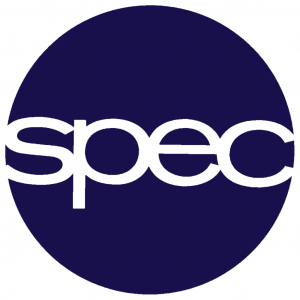Single Molecule Architectures as Lowest-scale Light Emitting Devices (2015-2018)
Funding: ANR Blanc – Sciences de l’information, de la matière et de l’ingénierie : Nanosciences
January 2015 – June 2018
Single Molecule Architectures as Lowest-scale Light Emitting Devices
Partners:
- Institut de Physique et de Chimie des Matériaux de Strasbourg (Guillaume Schull, coordinator)
- Institut Parisien de Chimie Moléculaire, UPMC, Paris (Fabrice Mathevet)
- Laboratoire de nanophotonique, CEA / Saclay (Fabrice Charra)
- Groupe Modélisation et Théorie, CEA / Saclay (Yannick Dappe)
- Interrested in participating in this project as a post-doc fellow ? See the announcement

Our project aims at combining molecular electronics and nanophotonics, two extremely active research areas in nanoscience. We will explore the interactions between charge transport and light emission at the level of a single-molecule junction by designing and realizing model electroluminescent light sources made of individual molecules either as isolated entities or as highly integrated assemblies.
Our goal is to explore the concept of optoelectronics in a single molecule to its limits.
We plan to exploit an unconventional method based on cryogenic scanning tunneling microscopy (STM) to control the opto-electronic properties of individual and interacting molecular junctions strongly coupled to plasmonic fields, with the final aim of building light emitting diodes (LED) of molecular scale. To this end we will study the light emission properties of single, dimers and short chains of organic quantum emitters having individual molecules as optically active components. The interactions of the emitters with the plasmonic STM resonator as well as between the different emitters will be addressed. In a second part of the project, mesoscopic samples based on the self-assembly of these structures will be designed and probed in “real life conditions” with an STM-AFM working at air. These studies will allow probing energy transfer (FRET) between the electronically excited molecular strands. Finally, we will actively pursue the realization of a colour controlled LED-device prototype based on the concept developed in the previous steps. This prototype will make use of the quantum nature of the individual molecular quantum dots through the exploitation of their specific electronic transport properties.




